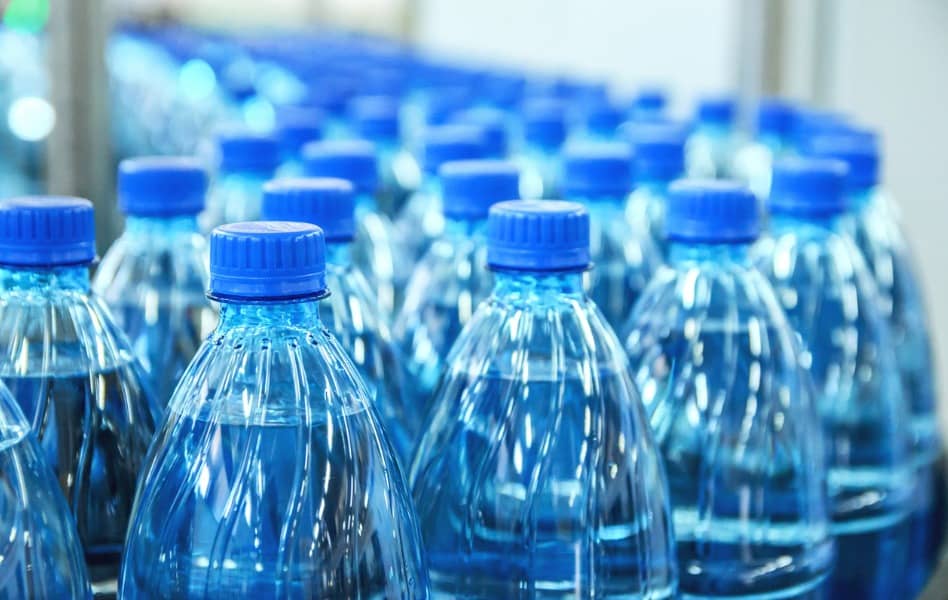Trends
Symptoms You’re Drinking Too Much Water
You may get water poisoning, intoxication, or a change in brain function if you consume too much water. This occurs when the cells (including brain cells) contain too much water, causing them to expand.

How much water should you consume on a daily basis? It’s a straightforward question with no clear answer.
Over the years, several studies have resulted in differing recommendations. However, your specific water requirements are determined by a variety of factors, including your health, level of activity, and location.
There is no one-size-fits-all solution. Knowing more about your body’s fluid requirements, on the other hand, will assist you estimate how much water you should drink each day.
When You Drink Too Much Water, What Happens?
You may get water poisoning, intoxication, or a change in brain function if you consume too much water. This occurs when the cells (including brain cells) contain too much water, causing them to expand. When brain cells swell, pressure is created in the brain. Confusion, sleepiness, and headaches are all possible side effects. If this pressure rises, it can lead to hypertension (high blood pressure) and bradycardia (slow heart rate) (Low Heart Rate).
Hyponatremia is a side effect of consuming too much water, often known as water intoxication.
Symptoms of Excessive Water Consumption
According to McStay, many of the symptoms of hyponatremia are similar to those of heatstroke, heat exhaustion, and dehydration.
Hyponatremia symptoms, according to McStay and Anding, include:
- Vomiting or nausea
- Headache
- Bloating
- Hands and feet swollen
- Muscle cramps or spasms
- Tiredness
- Unusual mental condition
- Irritability and restlessness
Daily weigh-ins, according to Anding, can help you figure out if you’re drinking too much water. If you’re concerned about being dehydrated — for example, if you plan to work outside and expect to drink a lot of water – weigh yourself first thing in the morning. She recommends asking yourself if you’ve gained 10 pounds or more by the end of the day: Could this be hyponatremia? (However, because hyponatremia is a rare occurrence, these weigh-ins are most useful for persons in extreme situations, such as marathon runners.
Hyponatremia’s Effects
Seizures, coma, and serious neurological symptoms, including brain damage, can all result from hyponatremia. It is uncommon for people to die from drinking too much water, but it has happened.
“You can die because your brain swells up so much when sodium [levels] are so low — I’m talking 100 mEq/L or a number that’s drastically different from the normal range,” McStay adds. “The brain stem presses on the base of the skull, causing you to stop breathing and lose consciousness.”
What about the advice to consume eight glasses of water every day?
You’ve probably heard that drinking eight glasses of water a day is a good idea. It’s a simple aim to remember, and it’s a sensible one.
The majority of healthy people can keep themselves hydrated by drinking water and other fluids whenever they are thirsty. For some persons, less than eight glasses per day may be sufficient. Others, on the other hand, may require more.
How do I know when I’ve had enough to drink?
You’re drinking enough water, if:
- You are rarely thirsty.
- Your urine is clear or light yellow in hue.
Your doctor or nutritionist can help you figure out how much water you should drink each day.
Make water your beverage of choice to avoid dehydration and ensure your body receives the fluids it requires. Drinking a glass of water is a good idea:
- Between meals and with each meal
- Before, during, and after physical activity
- If you are thirsty, drink some water.
